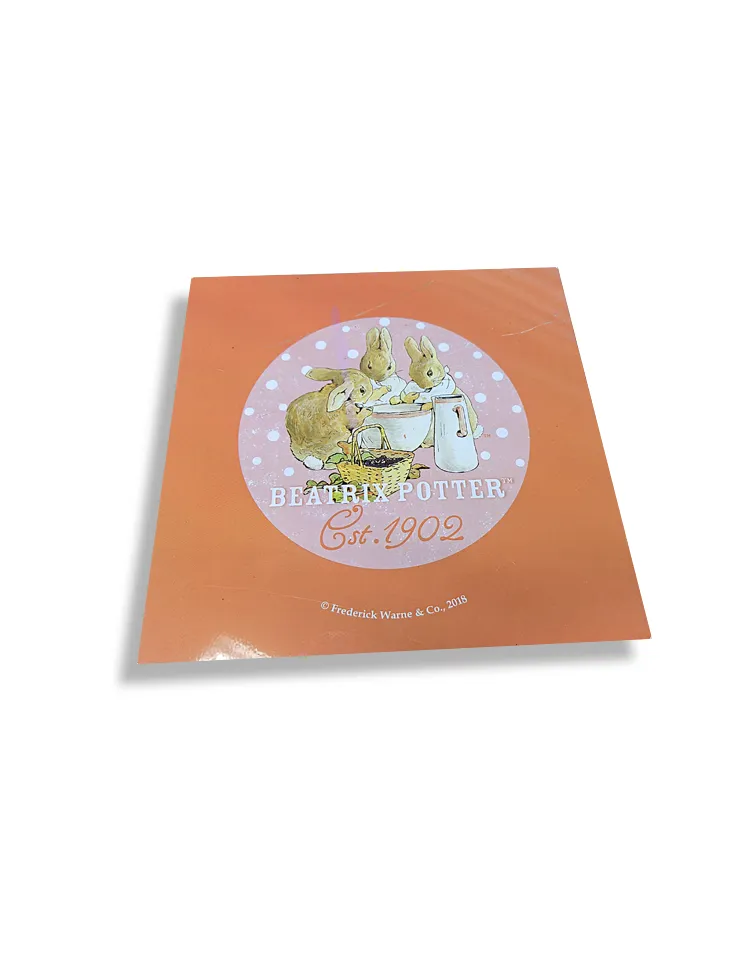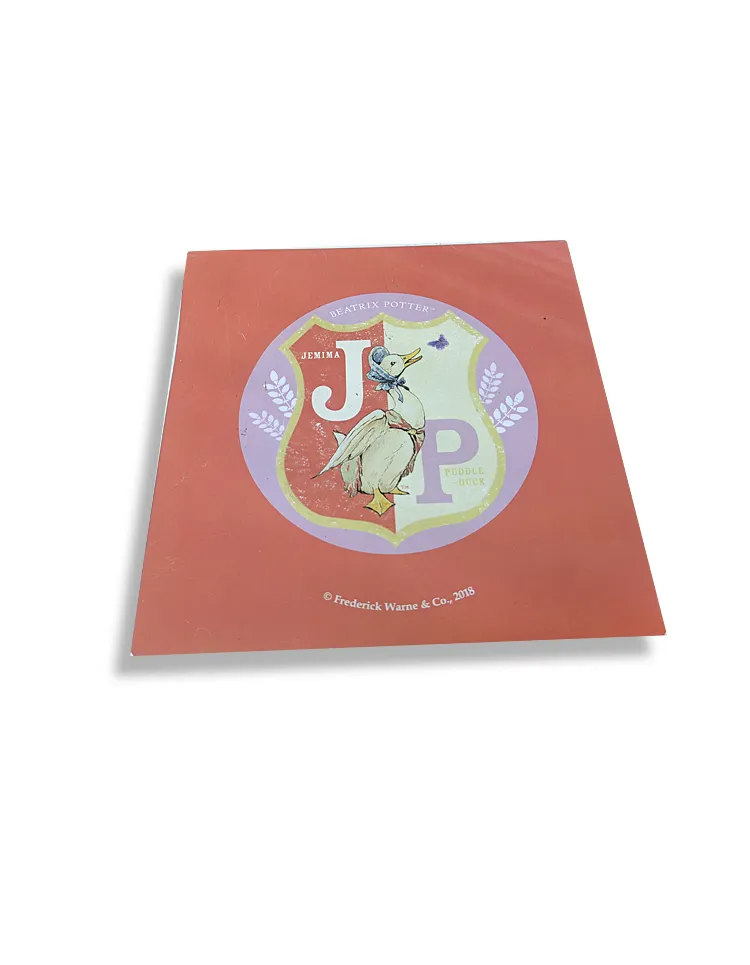As a common food packaging material, tin plate cans are widely used for the storage and transportation of a variety of foods such as candy, coffee, tea, nuts, etc. The moisture resistance, sealing and corrosion resistance of these metal cans make food less likely to deteriorate during storage and extend the shelf life. However, tinplate cans are inevitably contaminated by food residues, grease and other dirt during use. To ensure hygiene and food safety, it is essential to properly clean these cans.
So, how to clean tin plate cans used for food packaging efficiently and reliably? This article will analyze in detail from multiple angles such as cleaning principles, cleaning steps, common problems and their solutions.

What is the key to cleaning tinplate cans?
The primary goal of cleaning tinplate cans is to remove residual food, grease and other stains in the can to ensure the hygiene of the inside of the can. At the same time, since there is a tin coating on the outer surface of the tinplate can, special attention should be paid to protecting this coating during the cleaning process to avoid damage to the coating due to incorrect cleaning methods, thereby affecting the corrosion resistance of the can. Therefore, the following principles should be followed when cleaning:
1. Gentle treatment: Avoid using hard cleaning tools to avoid scratching the tin plating.
2. Use appropriate detergents: Try to choose mild, acid-free and alkaline-free detergents to prevent chemical damage to the tin plating.
3. Dry thoroughly: After cleaning, make sure the inside of the can is completely dry to avoid rust caused by residual moisture.
In short, cleaning tin plate cans requires both cleanliness and preventing damage to the can body to maintain its anti-corrosion properties.
What are the specific cleaning steps?
Cleaning tinplate cans is not a complicated matter, but following the correct steps can greatly improve the cleaning effect and better protect the surface coating of the can body. The following are common steps for cleaning tin plate cans:
1. Prepare materials
First, prepare warm water, mild neutral detergent, soft brush or soft sponge, clean soft cloth and towel for drying. Avoid using acidic or alkaline detergents as they may corrode the tin plating.
2. Soaking
Add a small amount of neutral detergent to warm water and soak the tin can in the water for a few minutes. This helps soften the residue inside the can, making subsequent cleaning easier. If there are stubborn stains on the surface of the can, you can also apply a small amount of detergent to the stained area separately.
3. Gentle scrubbing
Use a soft brush or a soft sponge to gently scrub the surface and inside of the can. For stubborn stains, just rub gently repeatedly. Do not use excessive force or use steel wool or rough brushes to avoid scratching the tin coating.
4. Rinse
Rinse the can thoroughly with running water to ensure that the detergent and dirt are completely washed away without leaving any residue. If not cleaned thoroughly, the residual detergent components may have a chemical effect on the can.
5. Dry and store
Turn the can upside down and gently wipe the inside and outside of the can dry with a clean towel. Make sure the can is completely dry, especially the small gaps inside, to avoid moisture accumulation and rust. After cleaning, the tinplate cans can be stored in a dry and ventilated place to extend their service life.

What common misunderstandings should be avoided during the cleaning process?
In the process of cleaning tinplate cans, there are some common misunderstandings that may reduce the cleaning effect or even damage the can body. The following are several common misunderstandings and solutions:
1. Misunderstanding 1: Using detergents containing acid and alkali ingredients
Although detergents containing acid and alkali ingredients have strong cleaning ability, they will damage the tin plating of tinplate cans. The solution is to choose a mild neutral detergent that will not chemically erode the plating.
2. Misunderstanding 2: Using a hard brush or tool
In order to quickly remove stubborn stains, many people use tools such as steel wool and hard brushes to scrub the can body. Although this has an obvious decontamination effect, it is easy to scratch the tin plating and affect the anti-corrosion effect. It is recommended to use a soft brush or a soft sponge to scrub gently, which can remove stains and protect the plating.
3. Myth 3: Not completely drying the can body
If the can body is not completely dried after cleaning, the residual moisture will accelerate the rust of the can body. The solution is to turn the can body upside down after cleaning and wipe it with a dry towel to ensure that the moisture evaporates completely.

Under what circumstances is deep cleaning required?
In general, daily cleaning is sufficient to keep the tinplate can clean and hygienic. However, in the following cases, a more thorough deep cleaning is recommended to ensure the hygiene and safety of the can body.
1. Storage of greasy food
If the tinplate can is used to store food with a high oil content, the grease may penetrate into the gap of the can body, forming stubborn stains over time and affecting the hygiene of the can body. At this time, you can increase the amount of detergent appropriately and use warm water to soak for a longer time to completely remove the oil stains.
2. Cans that have not been used for a long time
Tin plate cans that have not been used for a long time may accumulate dust or odor on the surface of the can body. It is recommended to use warm water and detergent to wash thoroughly, dry the can body at the same time, and seal it with plastic wrap or sealed bags to prevent re-contamination.
3. Storing foods with strong odors
Some foods have strong odors and may remain in the can body, which is difficult to remove. At this time, you can add a small amount of white vinegar or lemonade before washing, soak for a short time to help eliminate the odor, and then follow the normal cleaning steps.

How to prevent tinplate cans from rusting after cleaning?
Improper operation after cleaning may cause tin plate cans to rust. Here are some tips to prevent rust:
1. Dry thoroughly
Residual moisture inside the tinplate can will cause the can body to rust, so it must be dried thoroughly. It is recommended to use a dry towel to absorb moisture during the drying process and place it in a well-ventilated place to promote moisture evaporation.
2. Avoid long-term soaking
Tin plate cans should not be soaked in water for a long time, especially in water containing detergent. Soaking for too long will affect the anti-rust effect of the coating. Try to shorten the soaking time when cleaning, and rinse and dry quickly.
3. Regular maintenance
Clean and inspect the tin plate cans regularly to prevent the spread of minor rust. Minor rust spots can be wiped with a soft cloth dipped in a small amount of vegetable oil to restore the gloss.

